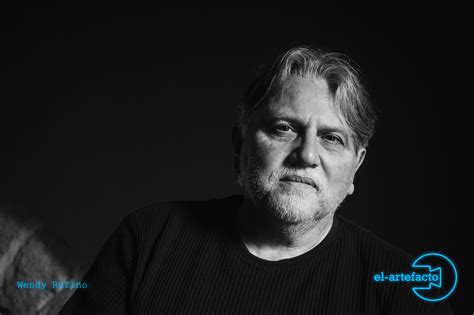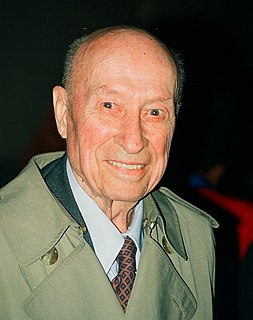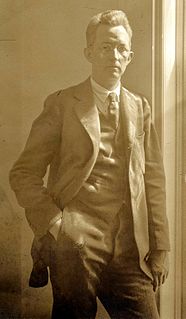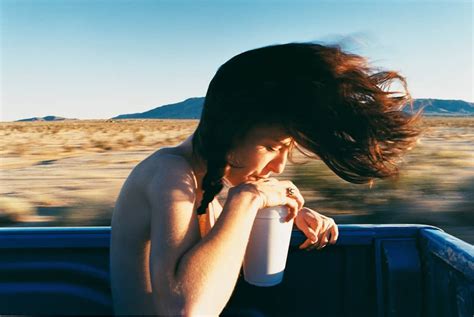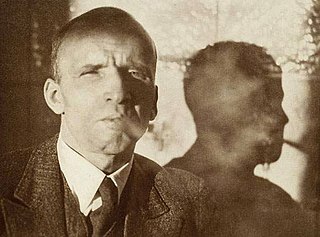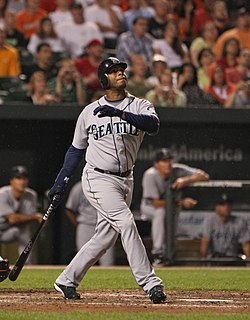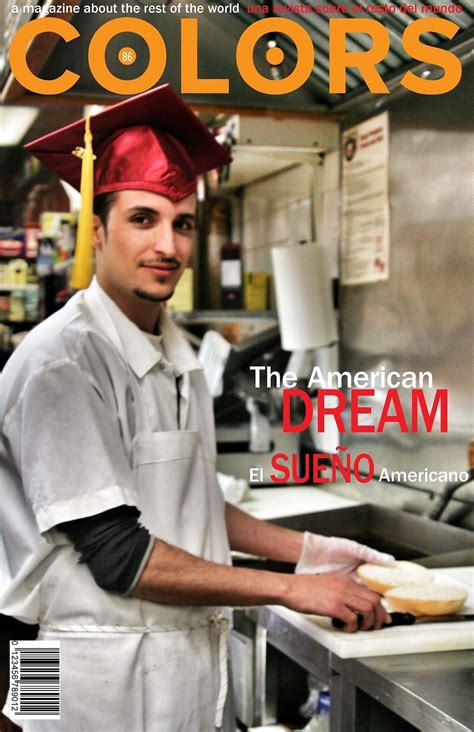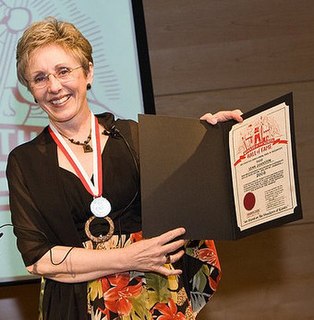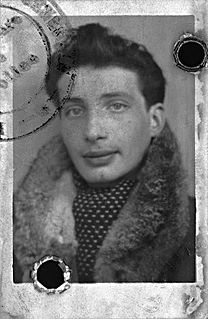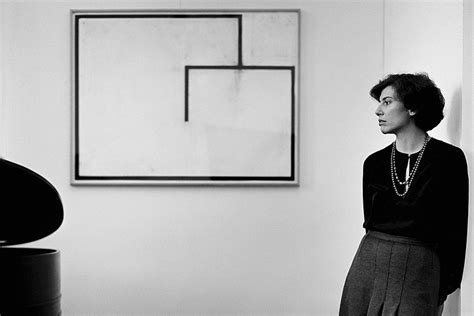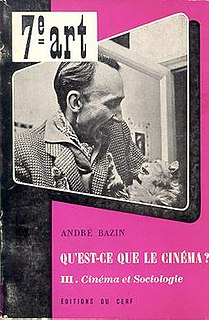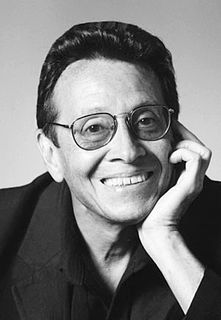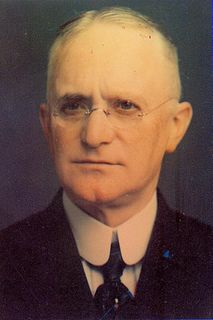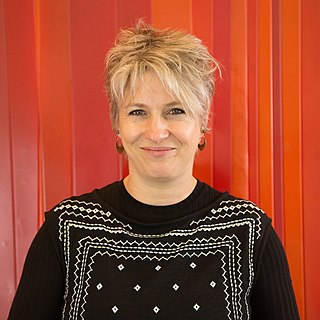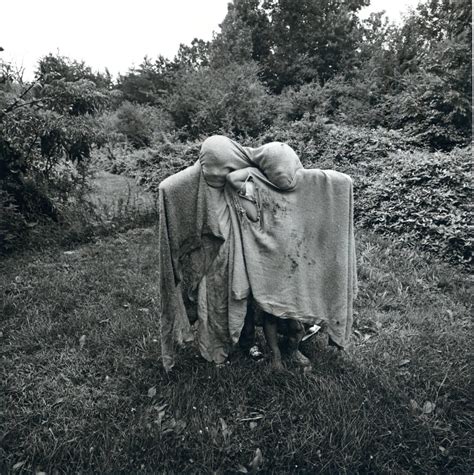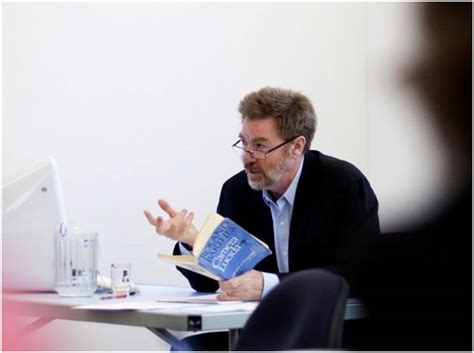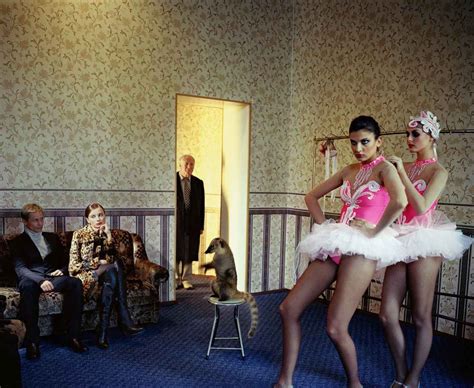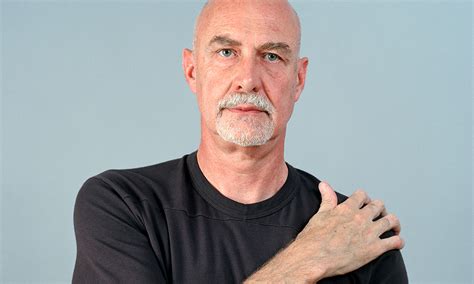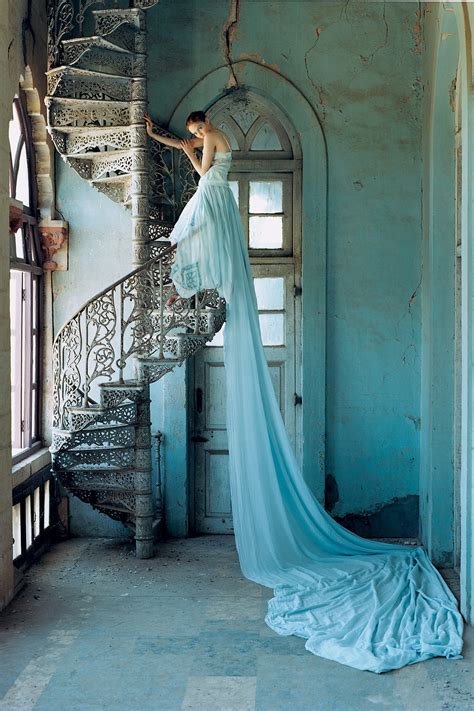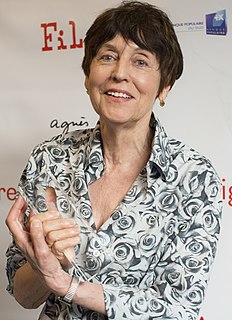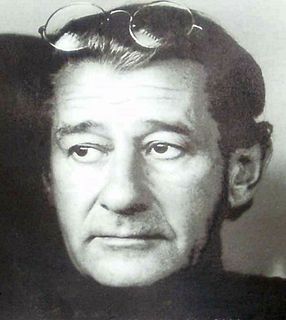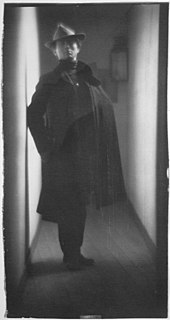Top 1200 Photography Quotes & Sayings - Page 3
Explore popular Photography quotes.
Last updated on November 24, 2024.
To speak technically photography is the art of writing with light. But if I want to think about it more philosophically, I can say that photography is the art of writing with time. When you capture an image you capture not only a piece of space, you also capture a piece of time. So you have this piece of specific time in your square or rectangle. In that sense I find that photography has more to do with time than with light.
To do justice to modern technology's rigid linear structure, to the lofty gridwork of cranes and bridges, to the dynamism of machines operating at one thousand horsepower - only photography is capable of that. What those who are attached to the painterly style regard as photography's defect, the mechanical reproduction of form - is just what makes it superior to all other means of expression.
In fact, the new malleability of the image may eventually lead to a profound undermining of photography's status as an inherently truthful pictorial form... If even a minimal confidence in photography does not survive, it is questionable whether many pictures will have meaning anymore, not only as symbols but as evidence.
In the history of photography, one process has always replaced another. The tumultuous realignment that's going on in the photography now is really just a natural evolution. The irony is that none of the processes that have been replaced have disappeared. More people than ever are practicing every approach to shooting and printing.
It's possible to think of photography as an act of editing, a matter of where you put your rectangle pull it out or take it away. Sometimes people ask me about films, cameras and development times in order to find out how to do landscape photography. The first thing I do in landscape photography is go out there and talk to the land - form a relationship, ask permission, it's not about going out there like some paparazzi with a Leica and snapping a few pictures, before running off to print them.
By exposing the multiplicity, the facticity, the repetition and stereotype at the heart of every aesthetic gesture, photography deconstructs the possibility of differentiating between the original and the copy. [Photography calls] into question the whole concept of the uniqueness of the art object, the originality of the author, the coherence of the oeuvre within which it was made, and the individuality of so-called self-expression.
The very act of representation has been so thoroughly challenged in recent years by postmodern theories that it is impossible not to see the flaws everywhere, in any practice of photography. Traditional genres in particular-journalism, documentary studies, and fine-art photography-have become shells, or forms emptied of meaning.
Photography has arrived at the point where it is capable of liberating painting from all literature, from the anecdote, and even from the subject. In any case, a certain aspect of the subject now belongs to the domain of photography. So shouldn't painters profit from their newly acquired liberty, and make use of it to do other things?
No individual photo explains anything. That's what makes photography such a wonderful and problematic medium. It is the photographer's job to get this medium to say what you need it to say. Because photography has a certain verisimilitude, it has gained a currency as truthful - but photographs have always been convincing lies.
The main difference seems to be that, whereas photography still claims some sort of objectivity, digital imaging is an overtly fictional process. As a practice that is known to be capable of nothing but fabrication, digitization abandons even the rhetoric of truth that has been such an important part of photography's cultural success.
Photography is there to construct the idea of us as a great family and we go on vacations and take these pictures and then we look at them later and we say, 'Isn't this a great family?' So photography is instrumental in creating family not only as a memento, a souvenir, but also a kind of mythology.
Has it led you to the conclusion that photography is an art ? Or it is simply a means of recording ? "I'm glad you asked that. I've been wanting to say this for years. Is cooking an art ? Is talking an art ? Is even painting an art ? It is artfulness that makes art, not the medium itself. Of course photography is an art - when it is in the hands of artists."
Photographers should follow their own judgment, and not the fads and dictates of others. Photography is still a very new medium and everything is allowed and everything should be tried and dared... Photography has no rules. It is not a sport. It is the result which counts, no matter how it was achieved.

